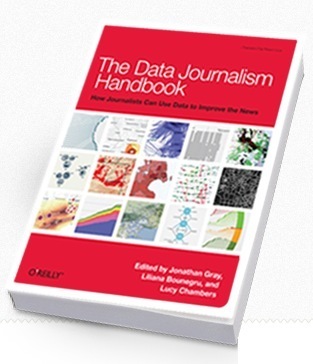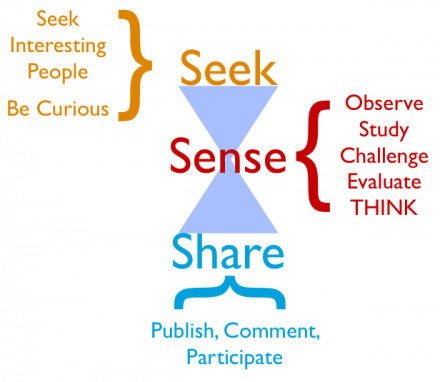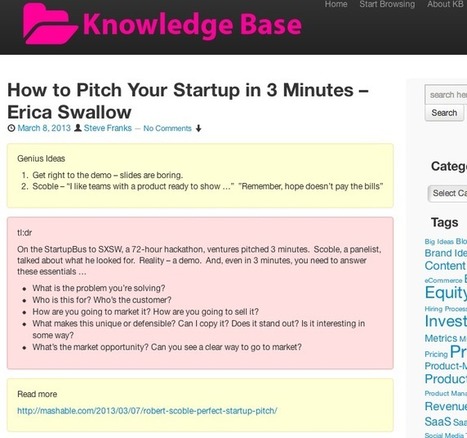
|
Scooped by
Robin Good
April 24, 2014 3:18 PM
|
How can content curation in a niche information area be monetized? Ask Joe Wilkert.
He writes: "There’s too much content out there anyway and I certainly don’t need access to even more of it. What I really need is more curation and less volume.
I want someone else to read it all and then tell me what I absolutely need to read.
They act as a filter and I pay them because they save me time and make me smarter."
The article points to the added value that traditional content publishers can offer their readers by opening the gates to community curators, who, by doing what they like the most, can bring back lots of more subscribers and attention to their brands.
"...There are sports experts, business experts, local community experts, etc. These curators are reading everything you’re publishing and picking the best of the best... They in turn publish their lists to a whole new set of subscribers; these readers pay for access to only the content recommended by the curator, not the full editions.
The best curators float to the top and drive more subscriptions than the others and you pay them a commission for each subscriber they bring in. Curators establish brand names for themselves, as in, “hey, if you’re into travel you need to subscribe to Bob Thomas…he finds all the best travel articles so I don’t have to.”
But there's more, as Mr Wilker points out. The opportunities don't end there.
Rightful. Recommended. 8/10
Full post: http://www.olivesoftware.com/3/post/2014/04/-community-curation-by-joe-wikert.html
Reading time: 3' mins.
See also: http://jwikert.typepad.com/the_average_joe/2013/06/curation-and-personalization-not-discovery.html
Image credit: Honey dripping by Shutterstock



 Your new post is loading...
Your new post is loading...
















With so many great writers with great ideas, it only makes sense that we collect the things we find interesting and share them with others.